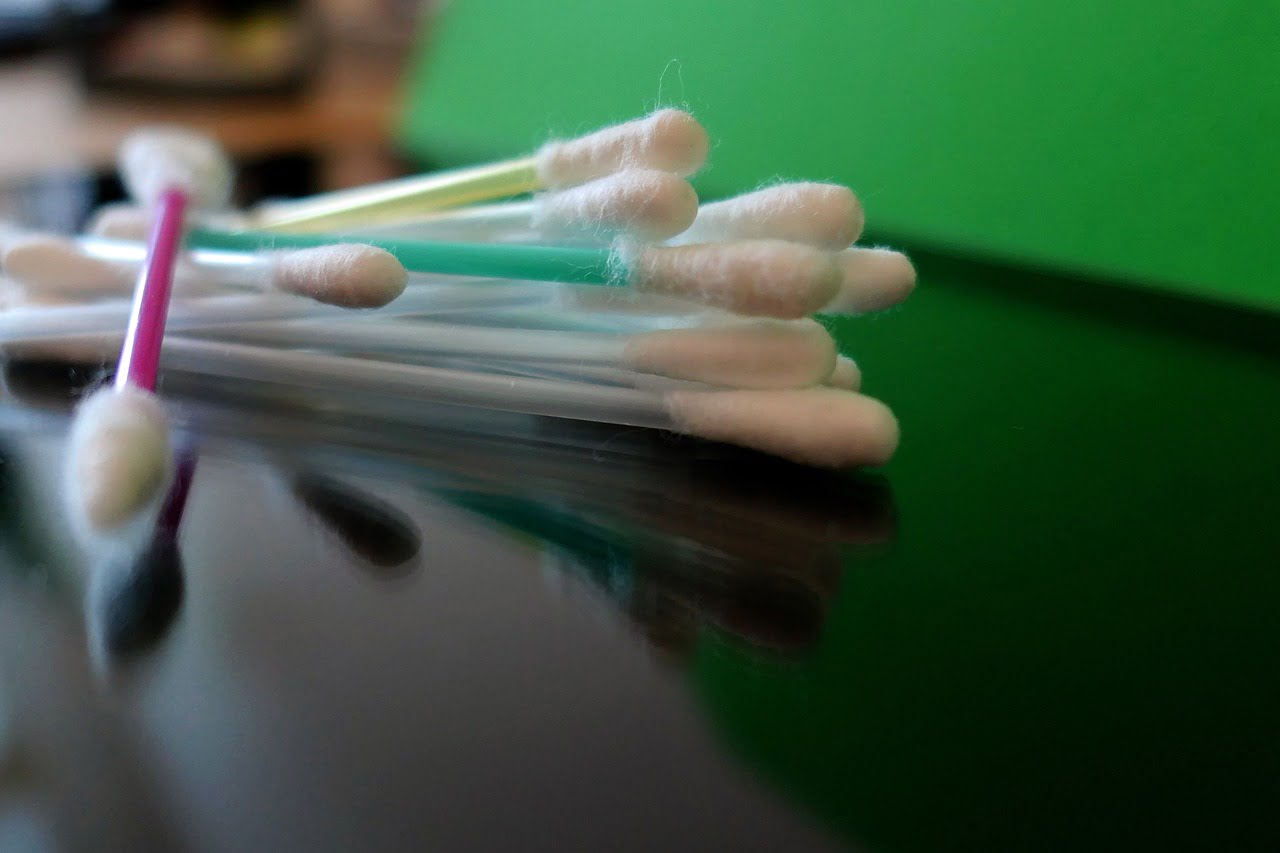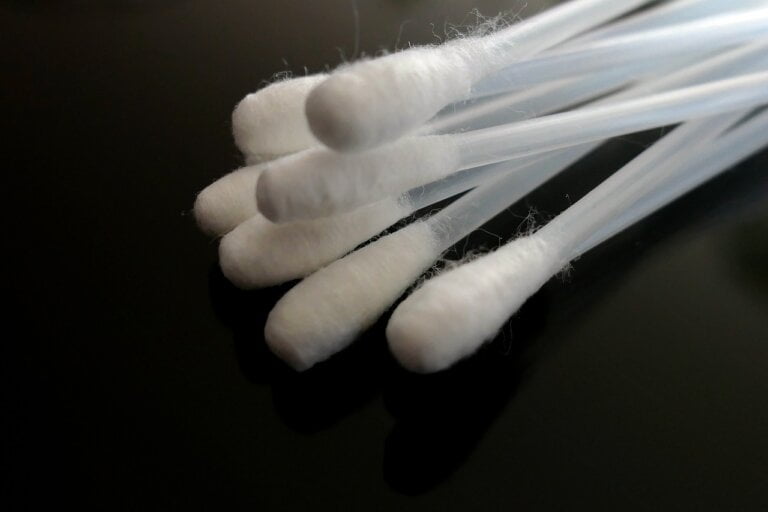Ear Health Arsenal: Proven Ways to Prevent Common Ear Infections
Ear infections are a common problem that can cause discomfort, pain, and even hearing loss. Whether you’re an adult or a child, taking care of your ears is crucial to prevent such infections. In this article, we will explore proven ways to keep your ears healthy and minimise the risk of common ear infections.
Introduction
Ear infections can be quite bothersome and may interfere with our daily lives. It’s important to understand the causes and preventive measures to ensure optimal ear health. By adopting the following practices, you can significantly reduce the likelihood of experiencing common ear infections and their associated symptoms.
Understanding Ear Infections
Before we delve into preventive measures, let’s take a closer look at what causes ear infections. The most common type of ear infection is known as otitis media, which occurs when the middle ear becomes inflamed due to a bacterial or viral infection. This inflammation can result in pain, fluid buildup, and even temporary hearing loss.
To prevent such infections, it’s crucial to maintain good ear hygiene, protect your ears in different environments, practice good respiratory hygiene, adopt healthy habits, and avoid allergens and irritants. Let’s explore each of these aspects in detail.
Maintain Good Ear Hygiene
- Keep your ears clean: Gently clean your ears with a washcloth or tissue after showering or bathing. It’s important to be gentle and avoid inserting anything into the ear canal, such as cotton swabs. Swabs can push wax deeper into the ear, leading to blockages and potential infections.
- Avoid excessive earwax removal: While it is crucial to maintain clean ears, it’s equally important not to overdo it. Earwax provides a protective barrier against infections, trapping dust, debris, and harmful microorganisms. Removing earwax excessively can disrupt the ear’s natural defense mechanism. If you experience excessive earwax buildup, consult a healthcare professional for safe removal methods.
Protect Your Ears
- Use earplugs in noisy environments: Exposure to loud noises can damage the delicate structures in your ears, making you more susceptible to infections. Whenever you’re in a noisy environment, such as concerts, construction sites, or even when using power tools, wearing earplugs can provide significant protection. Choose earplugs that are specifically designed to reduce noise levels while still allowing you to hear essential sounds.
- Swim with caution: Water entering the ear during swimming or showering can increase the risk of ear infections. To prevent this, use swimmer’s earplugs or a tightly fitted swim cap to keep water out of your ears. After swimming, make sure to dry your ears thoroughly using a clean, dry towel or a hairdryer on a low setting.
- Avoid prolonged exposure to water: Spending long periods of time in water, such as in hot tubs or baths, can increase the risk of moisture-related ear infections. Limit your time in water and ensure your ears are dry afterward to prevent bacterial or fungal growth.
Practice Good Respiratory Hygiene
- Cover your mouth and nose: When coughing or sneezing, make sure to cover your mouth and nose with a tissue or your elbow. This helps prevent the spread of respiratory infections, which can lead to secondary ear infections. Dispose of used tissues properly and wash your hands thoroughly afterward.
- Avoid exposure to cigarette smoke: Both active and passive smoking can weaken your immune system and impair the respiratory system’s natural defense mechanisms. This makes you more susceptible to infections, including ear infections. Therefore, it’s crucial to stay away from cigarette smoke and avoid environments where smoking is prevalent.
- Practice regular hand hygiene: Washing your hands frequently with soap and water, especially before touching your ears or face, can minimize the risk of introducing harmful microorganisms to your respiratory system. If soap and water are not available, use an alcohol-based hand sanitizer.
Healthy Habits for a Strong Immune System
- Eat a balanced diet: Consuming a variety of fruits, vegetables, whole grains, and lean proteins provides essential nutrients that support your immune system. These nutrients include vitamins A, C, E, zinc, and selenium. A robust immune system can better fend off infections, including ear infections. Incorporate foods like citrus fruits, leafy greens, nuts, seeds, and fish into your diet for optimal immune function.
- Stay hydrated: Drinking plenty of water helps maintain proper moisture levels in the body, including the ears. Adequate hydration can prevent dryness, which can make your ears more vulnerable to infections. Aim to drink at least 8 glasses of water per day and increase your fluid intake when engaging in physical activities or spending time in dry environments.
- Get enough sleep: Quality sleep is essential for a healthy immune system. Aim for a consistent sleep schedule and ensure you’re getting the recommended amount of sleep each night. Most adults require 7-9 hours of sleep, while children and teenagers need more. Establish a relaxing bedtime routine and create a sleep-friendly environment to promote adequate rest.
Avoid Allergens and Irritants
- Identify and avoid allergens: If you have known allergies that affect your ears (such as seasonal allergies), take appropriate measures to avoid exposure. This may include staying indoors during high pollen seasons, using allergy medication as recommended by your healthcare provider, and keeping windows closed to minimise allergen entry.
- Manage environmental irritants: Certain environmental factors, such as exposure to chemicals, dust, or pollutants, can irritate your respiratory system and increase the risk of ear infections. Whenever possible, minimise your exposure to such irritants by using air purifiers, keeping indoor spaces well-ventilated, and wearing appropriate protective gear in hazardous environments.
Seek Medical Attention
- Promptly treat respiratory infections: If you develop a cold, flu, or any other respiratory infection, seek medical attention and follow the prescribed treatment plan. Treating respiratory infections promptly can help prevent the spread of infectious agents to the ears. Additionally, your Audiologist may recommend specific preventive measures to minimise the risk of secondary ear infections.
- Consult an Audiologist: If you frequently experience ear infections or have concerns about your ear health, consult an ear, nose, and throat (ENT) specialist or a healthcare professional. They can provide personalised advice, conduct thorough examinations, and recommend appropriate preventive measures or treatments tailored to your specific needs.
Conclusion
By following these proven ways to prevent common ear infections, you can ensure your ear health remains in top condition. Remember to maintain good ear hygiene, protect your ears in noisy environments, practice good respiratory hygiene, adopt healthy habits, avoid allergens and irritants, and seek medical attention when needed. Taking these preventative measures will go a long way in keeping your ears healthy and reducing the risk of ear infection







